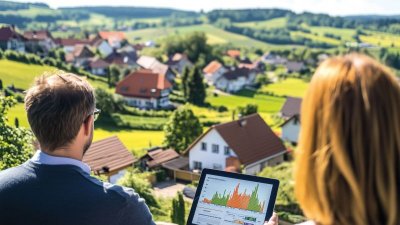Households receiving basic income support or citizens' allowance in old age spend more money per month on heating and electricity than comparable households with low incomes. This is the result of a recently published study by the German Institute for Economic Research (DIW Berlin). Between 2010 and 2019, the affected households paid an average of €5.30 more per month for heating and €9.10 more for electricity.
According to DIW Berlin, the higher costs could be due to the fact that basic income households own older and less energy-efficient electrical appliances. These often cannot be replaced with more energy-efficient alternatives due to financial constraints. In addition, basic income support households often live in older and poorly insulated rented accommodation, which can lead to higher energy costs. This has both socio-political and climate policy implications.
To tackle the problem, the authors of the study recommend the introduction of subsidy programs. These should make it easier for basic income households and low-income households to buy more energy-efficient appliances. In addition, there should be information campaigns that highlight specific savings opportunities. Furthermore, the funding for energy-efficient building refurbishment should be adapted to make it more effective.
Source: diw.de
© wavepoint




